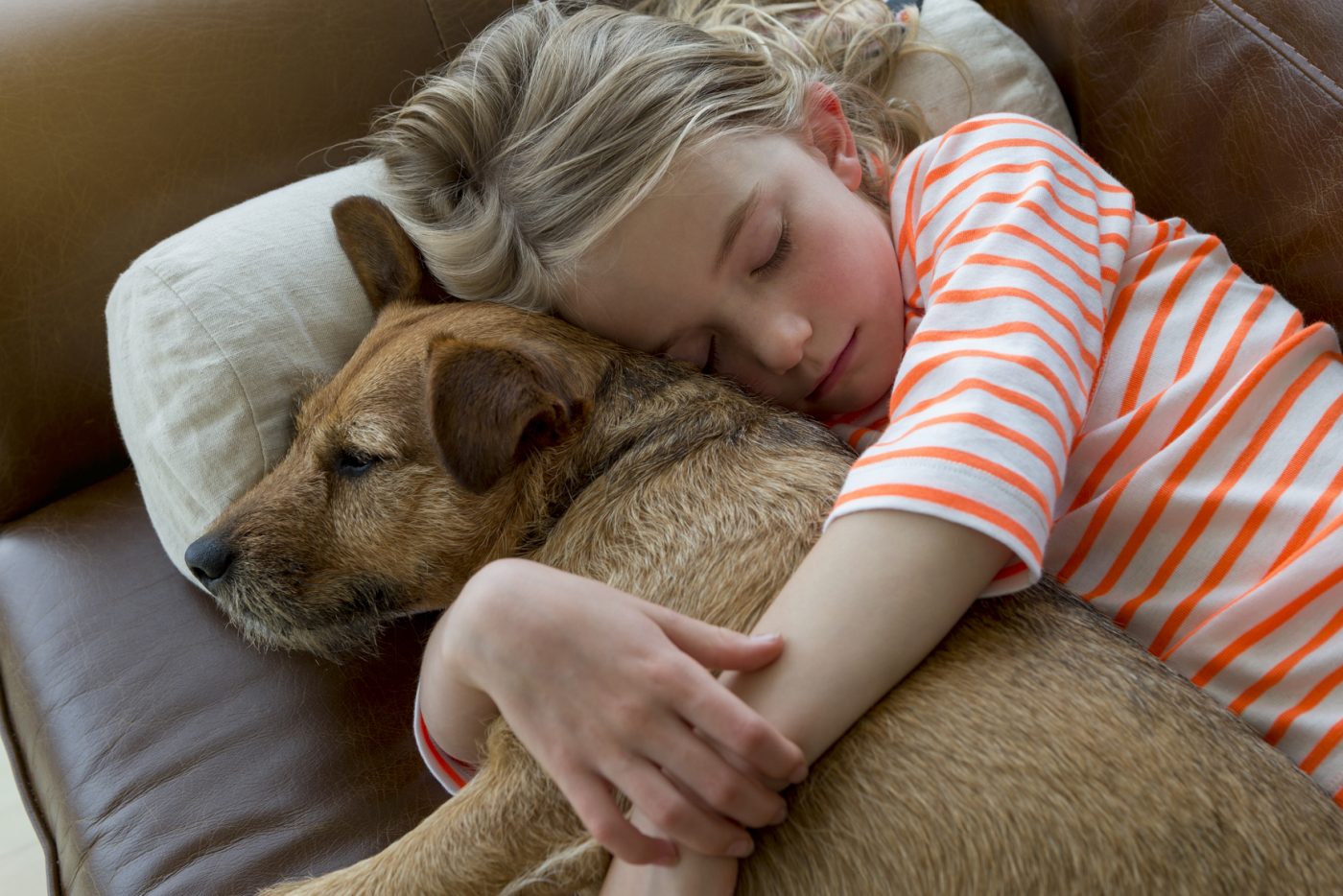
If your child or baby is sleep deprived, there is a higher change they will end up overweight or obese – and have a lower IQ. Research shows that tired children overeat to compensate, and can’t focus or concentrate. These are more good reasons to aim to make sure your child is getting sufficient good quality sleep.
Babies and children need to wind down for two hours before bedtime with low lights and no screen to help promote the sleep hormone melatonin and reduce the stress hormone cortisol (which prevents sleep).
To help your baby or child to sleep better follow our 5 easy steps
Step 1 Cortisol levels increase and melatonin levels reduce if blue light (in particular) entering your baby or child’s eyes. So stop TV, computer or devices two hours before bedtime. This will reduce cortisol and promote melatonin production – the sleep hormone.
Step 2 If your baby or child is waking early in the morning don’t try to combat this by putting them to bed later. This means your baby or child will just be more tired, miss a sleep cycle and her cortisol levels will actually increase. Instead, start your baby or child’s bedtime routine earlier to lower the levels of cortisol and help prolong sleep in the early hours of the morning. Even if your baby or child doesn’t sleep immediately it can still help to have them relaxing in the dark, maybe listen to you sing a lullaby.
Step 3 Try to reduce your baby or child’s stress levels before bed, avoid exciting stories or loud bath time games. Instead, choose calm and quiet. This helps to reduce cortisol levels.
Step 4 Melatonin, the sleep hormone is increased by our bodies getting cooler (like they did at night when the sun went down in our prehistory). So a quick warm bath of 5 minutes and then into a cool room of about 18 degrees will help your baby or child to produce melatonin and feel sleepy and sleep better through the night.
Step 5 Melatonin is increased by darkness, for the same reason as Rule 4. So dim the lights in your living space an hour before your baby or child goes go to bed. Your body will get the cue that night-time is approaching and it will soon be time to sleep.
Sadeh, Raviv & Gruber (2000) ‘Sleep patterns and sleep disruptions in school-age children.’ Developmental Psychology, Vol 36(3), May 2000, 291-301.
Cappuccio et al (2007) ‘Meta-Analysis of Short Sleep Duration and Obesity in Children and Adults’ Sleep, Vol. 31, No. 5, 2008.